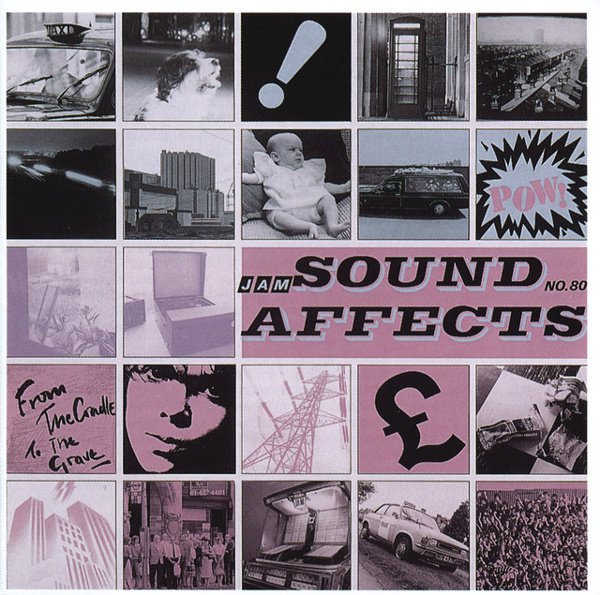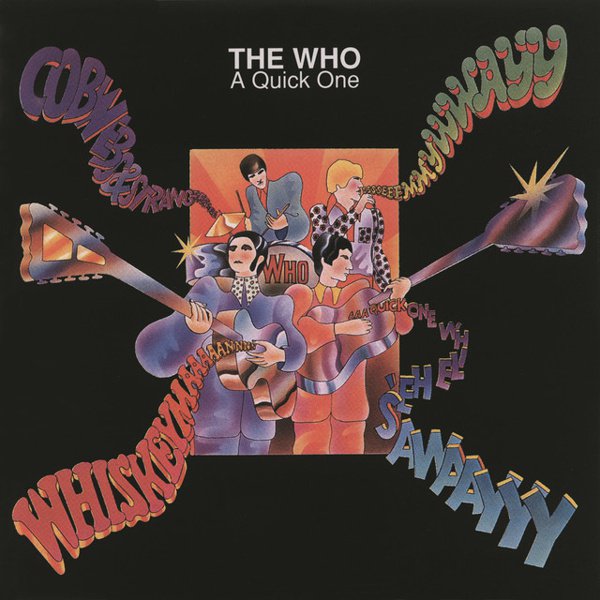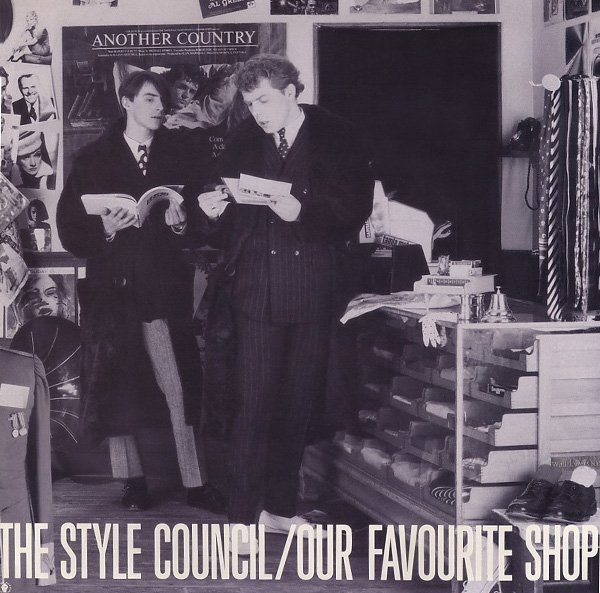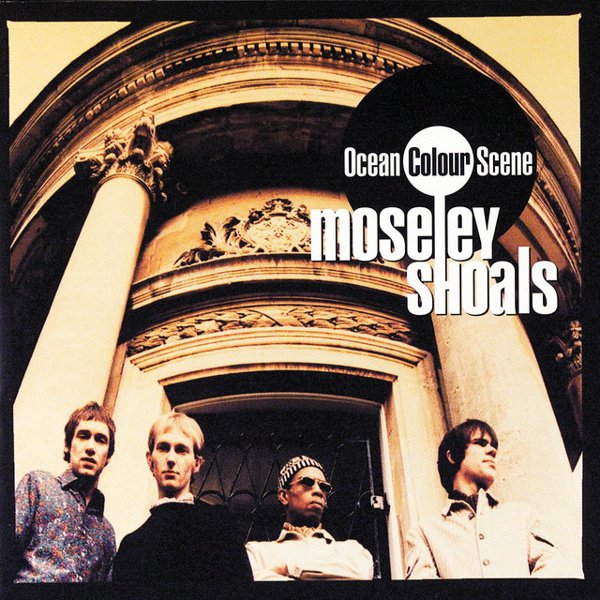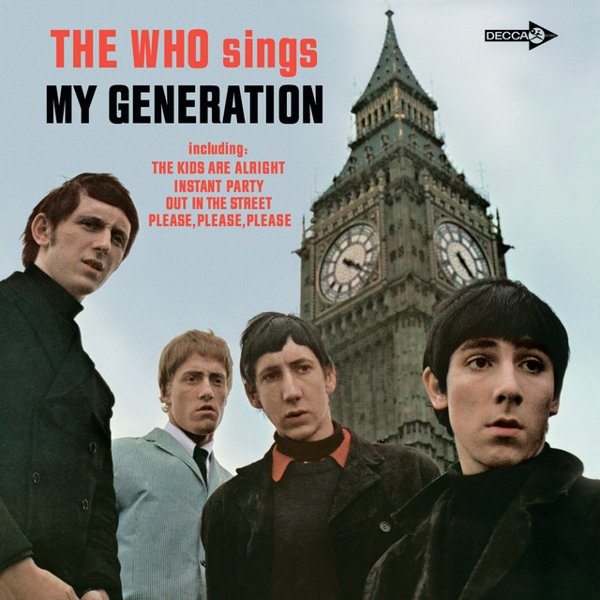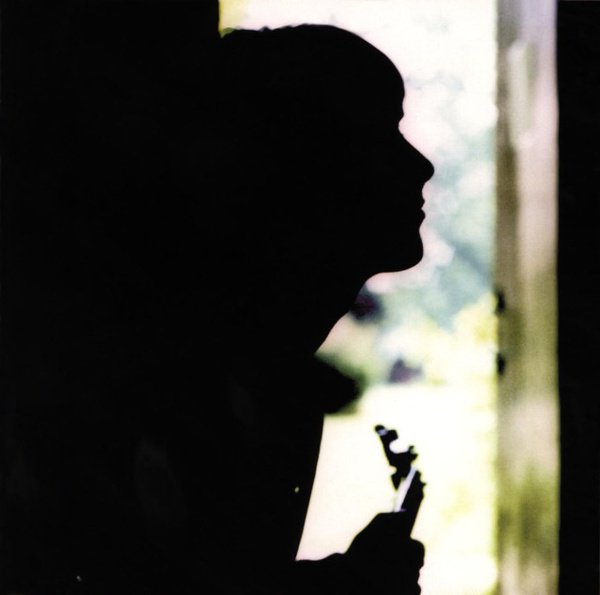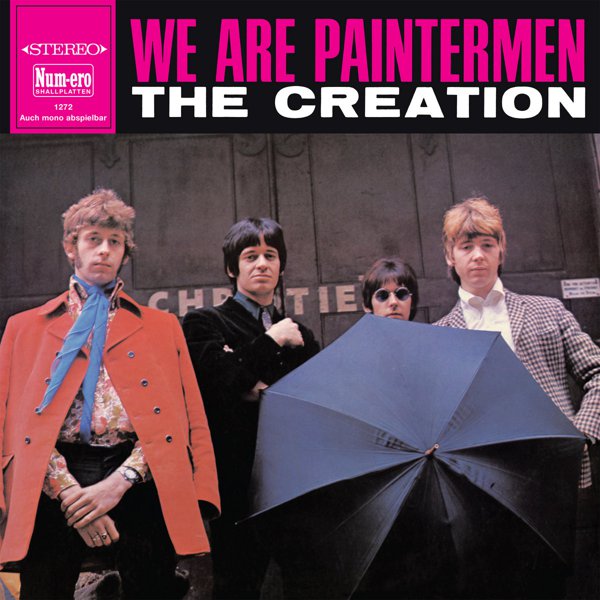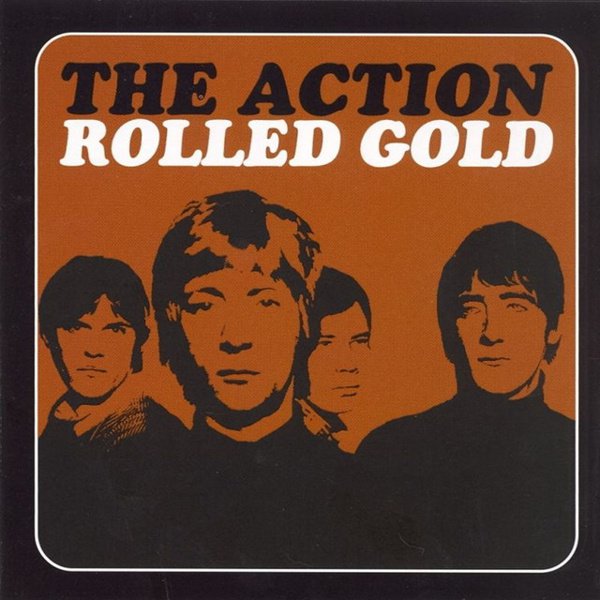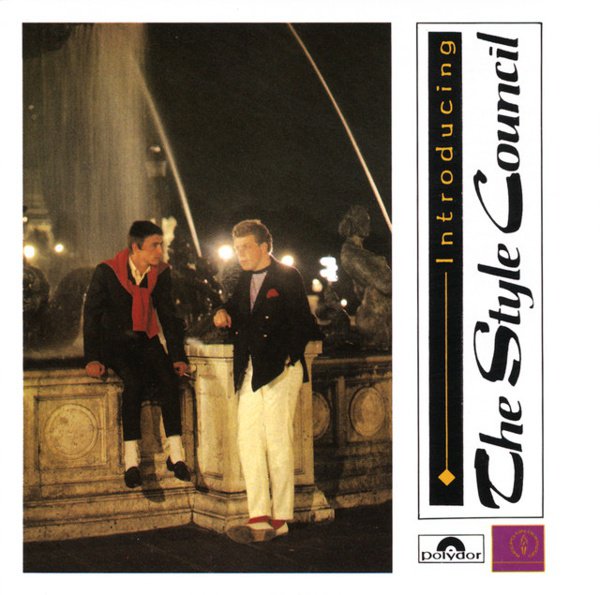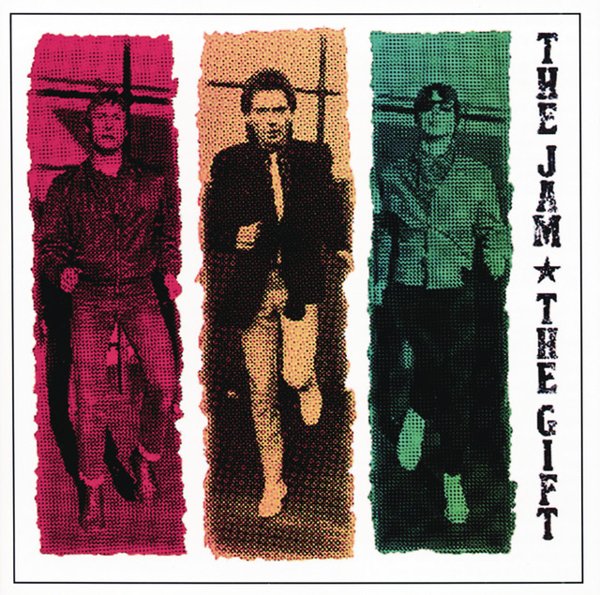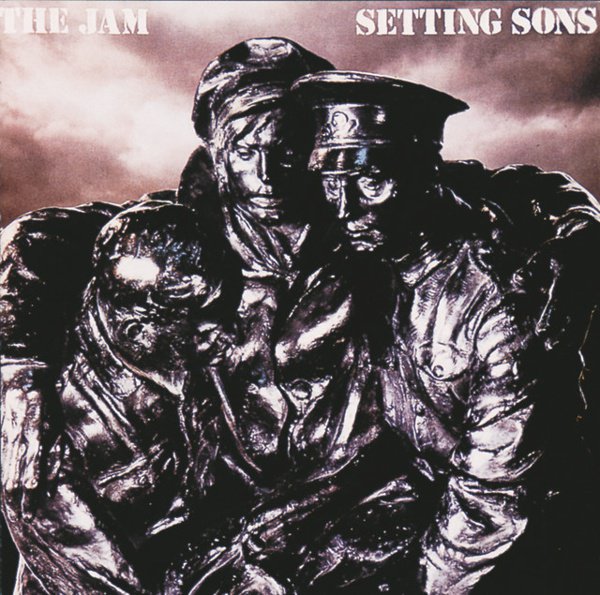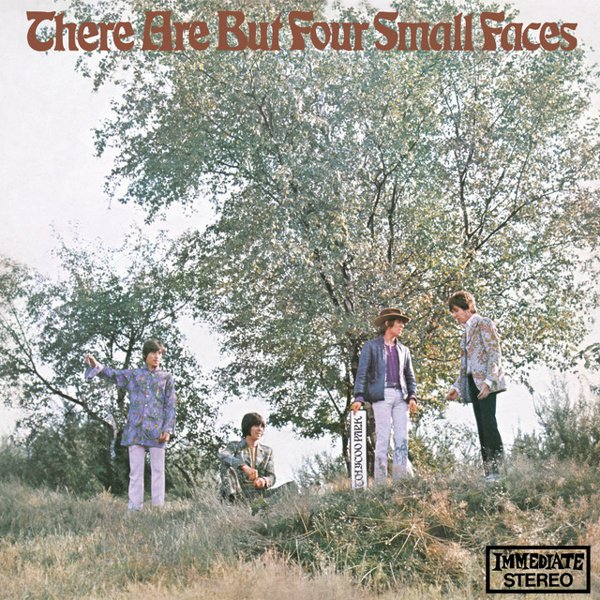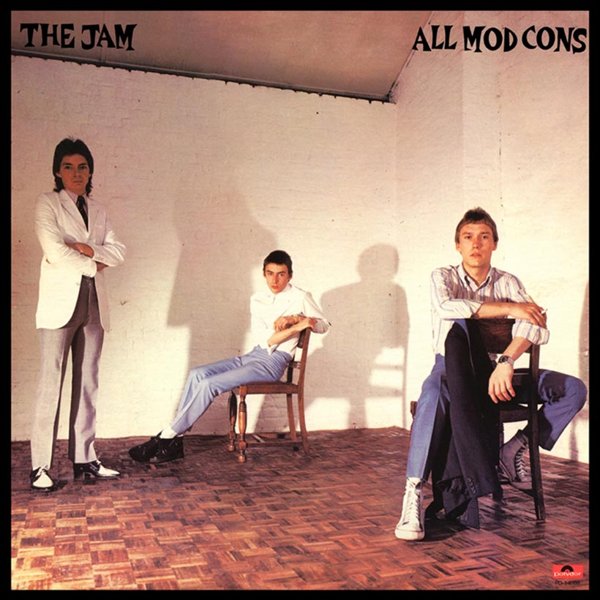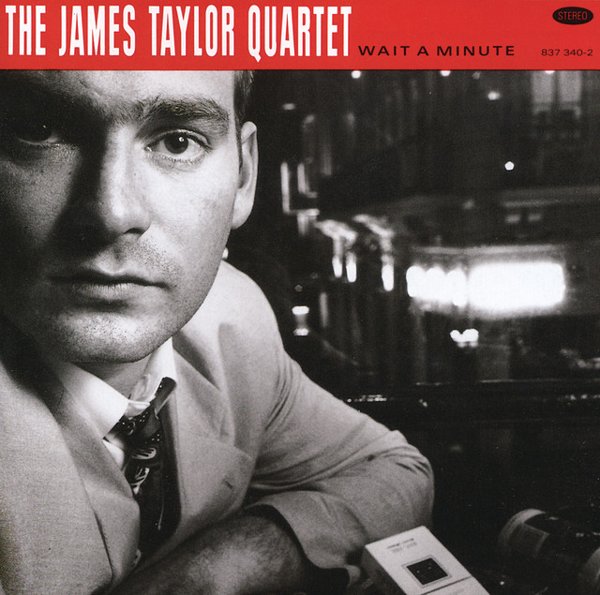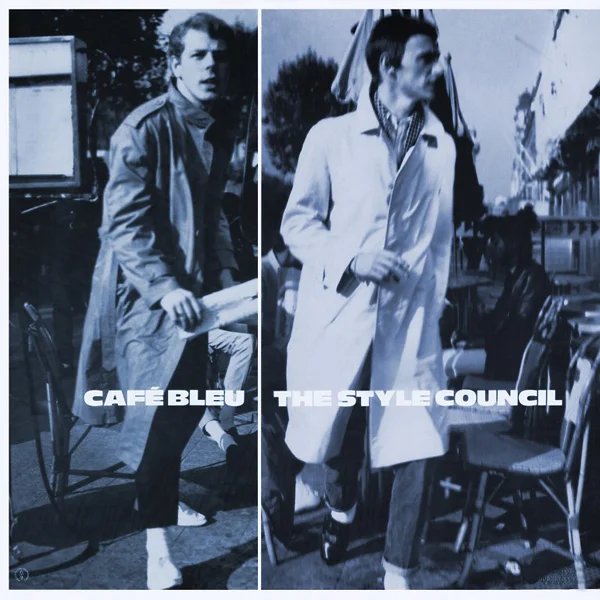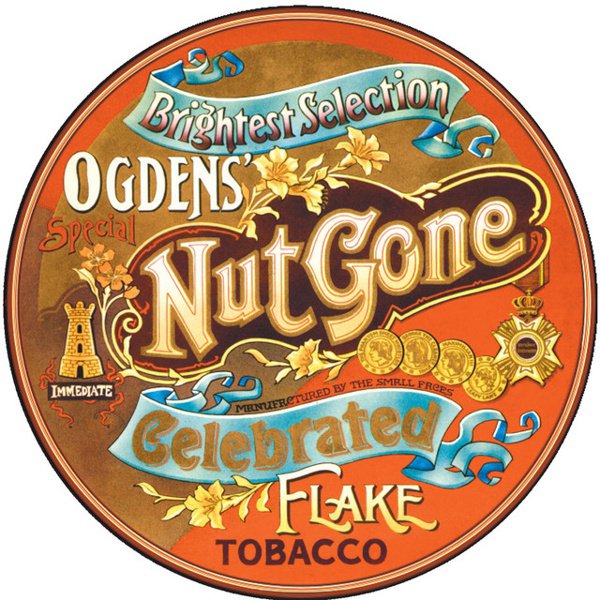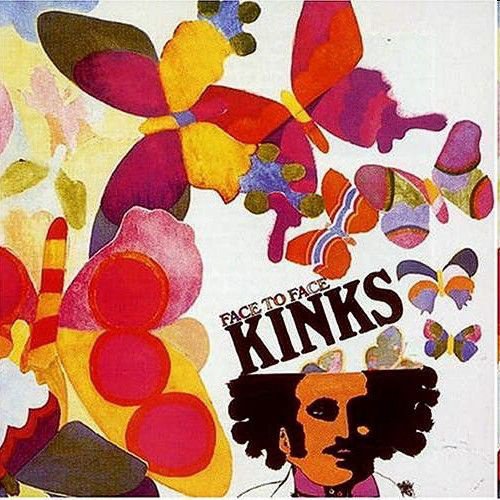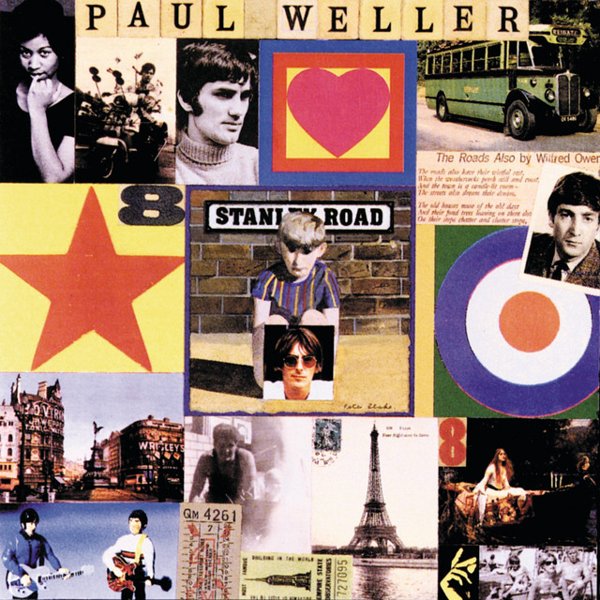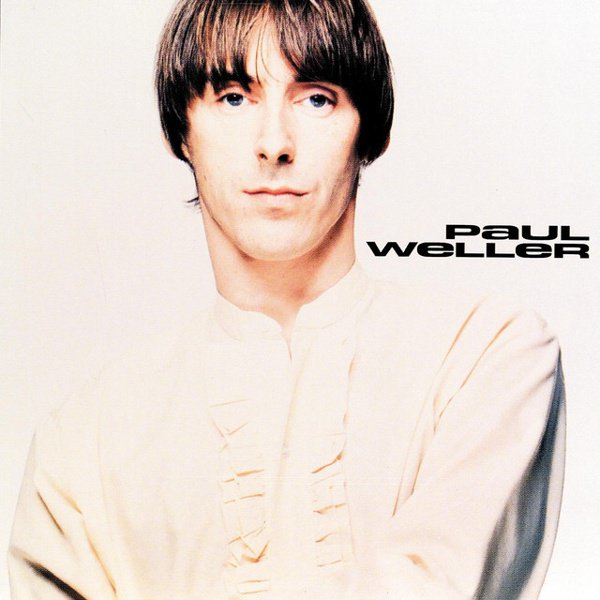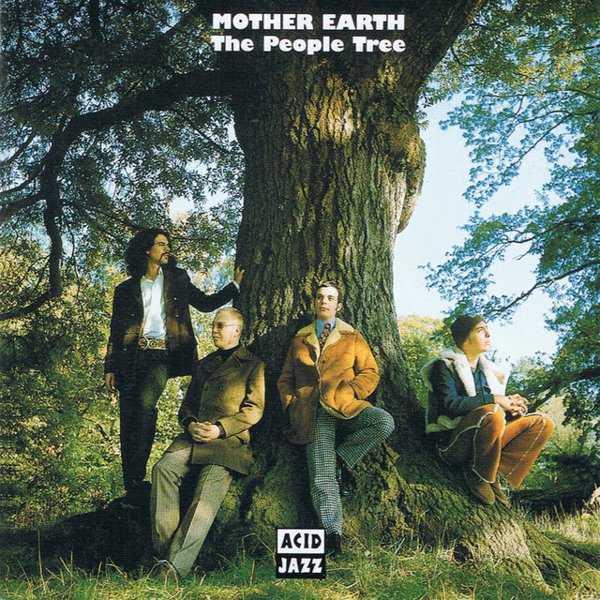Mod is a nebulous and musically contrary UK youth subculture, which can, depending on your definition, include The Who’s mid-60s teen anthems, The James Taylor Quartet’s organ-jazz, the retro-styled rock of Ocean Colour Scene and the various musical incarnations of Paul Weller.
A brief history: late 1950s British modern jazz fans who idolised not only the music of Miles Davis and Charlie Parker but also their sharp Italian tailored suits and cool, detached stage personas, were christened ‘mods’. Through the early sixties, mods kept their sartorial fixation but switched their musical affiliation, first to electric blues and R’n’B and then to the emerging soul sounds of Motown and Stax along with Jamaican Ska. However, the first music consciously made as ‘mod’ was created by the UK beat bands of the sixties.
Black American blues and R’n’B music was covered, recycled and in some cases stolen by pretty much every UK band in the sixties and mod bands like The Who and The Small Faces were no exception. The Who’s debut album My Generation mixed R’n’B cover versions with Townshend originals to create the classic mod template of an aggressive, upfront take on R’n’B: overdriven guitar, thundering drums, melodic basslines, blues-influenced vocals, all filtered through a particularly British, teenage outlook.
Perhaps the ultimate mod band, UK four-piece The Small Faces, provided an exemplar of mod that would remain influential for decades. There Are But Four Small Faces from 1967 mixes R’n’B and soul — lead singer Steve Marriott was one of the UK’s finest blue-eyed soul singers — with raw, proto-heavy rock, accentuated with Hammond organ and electric piano. Their 1968 concept album Ogden’s Nut Gone Flake embraced psychedelia and took them in a harder, rockier direction while also experimenting with pastoral and folkish material.
The Action were a much less well-known sixties UK rock outfit who released a string of classic mod singles. Their Rolled Gold — a demo for an album that was never released — is a great example of the mid/late sixties mod sound, where all those R’n’B and soul influences were merging with the psychedelic and folk sounds that were infiltrating rock. Likewise, The Creation’s We Are Paintermen from ‘67 takes the hybridising of Black American music further into early heavy-rock territory.
Mod subculture faded through the late sixties until the UK mod revival a decade later, triggered pretty much single-handedly by Paul Weller’s group The Jam, who distinguished themselves from their punk and new wave contemporaries via Weller’s superior songwriting and their retro look. Through a series of classic UK rock albums, The Jam reworked the mod template. Their third, All Mod Cons, is where Weller first really showed his songwriting potential, while freely synthesising the UK mod songwriting tradition — The Kinks, Steve Marriott and Pete Townshend — into a fresh update that proved hugely successful. The studio albums that followed, mod classics Setting Sons, Sound Affects and The Gift, were full of huge UK hits and songs that have since become rock classics. They also show Weller gradually absorbing new influences — particularly soul and funk — which would eventually lead to The Jam’s break up.
Weller famously split The Jam at the height of their fame and launched The Style Council with keyboardist Mick Talbot, spending the next few years redefining what mod could be. Mods have always been conceptualised as sophisticated cultural magpies, picking the finest music, clothes, and books, and The Style Council perfectly embodied this spirit. Idiosyncratic debut Cafe Bleu fetishised an idea of Parisian cool and ennui while bringing in jazz and funk flavours. Follow up Our Favourite Shop mixed slick, contemporaneous soul with records that drew more upon the classic sounds of Stax or Curtis Mayfield.
Weller’s solo debut was the acid jazz flavoured Paul Weller and there was plenty of musical crossover between the mod and early 90s acid jazz scene in the UK, with the funky organ jazz of The James Taylor Quartet and the hippie-soul-rock of Mother Earth drawing on many of the same influences and playing to many of the same fans. Weller’s pair of 90s classic mod albums, the supremely executed pastoral-rock of Wild Wood and his sixties-soaked Stanley Road both showcase one of the UK’s finest songwriters completely at ease with sometimes simply recycling his influences, sometimes creating something entirely new out of them.
Mod then, is a genre somewhat tricky to define. But the albums of The Small Faces, The Jam, Ocean Colour Scene or The Action all have something in common: it’s a rock sound, built from Black American music, with a uniquely British outlook and with a contradiction at its heart: to keep pushing forward while simultaneously obsessing over the past.

